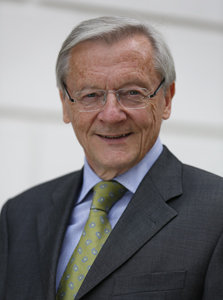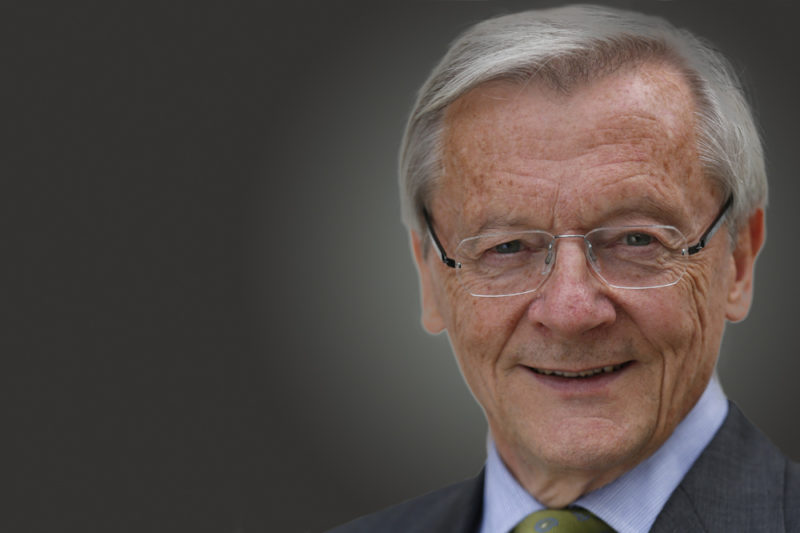
If you look at how European maps depict the world, Europe is huge. On the right, you have Russia. Way over on the left, there is America, and at the very bottom, you see a bit of Africa. How different the world looks when you look at it from the equator! Our whole continent disappears into the skyline. You can still see Europe, but you can’t make out individual countries.
Our perspective is astonishingly eurocentric. Europe represents two percent of the world’s landmass and seven percent of the world’s population. We produce 18 percent of global GDP, but we treat ourselves to 50 percent of the world’s social expenditure.
We are no longer as important as we think. Not by far.
What should be done? What counts in the world are geography, demography, military power and economic competitiveness.
- Our geography is an advantage: Together with the Mediterranean region and our eastern neighbours, we have a home market of more than 1.5 billion people. That’s one reason why we need a successful neighbourhood policy.
- Demography? For now, immigration is brightening our birth statistics.
- Military power? Ineffective for lack of coordination.
- In the end, it will be our economic performance which will determine whether we get taken seriously on the international stage. With zero growth, that won’t happen.
My conclusion is clear: Europe needs to stay the course on reforms. We must put our budgets in order, complete the single market, develop the European growth agenda and invest into public infrastructure. Then, we will see progress.
Can it be done? I am cautiously optimistic. As they say in Finland: It is always coldest just before dawn.



